
CNA Staff, Feb 10, 2024 / 08:00 am (CNA).
A foundation dedicated to spreading devotion to St. Pio of Pietrelcina, better known as Padre Pio, is set to open a chapel in rural Kansas this weekend that will permanently host a first-class relic of the saint.
Luciano Lamonarca, the founder of the Saint Pio Foundation, told CNA that the plan is to inaugurate five chapels dedicated to the saint, each with a first-class relic, across the United States in the four cardinal directions so that they form the shape of a cross on a map, with the Kansas chapel forming the cross’ center.
The inaugural chapel, located inside St. John the Baptist Catholic Church in Beloit, Kansas, opens Feb. 11 with a Mass celebrated by Bishop Gerald Vincke of the Diocese of Salina, after which the relic of St. Pio will be officially placed.
Lamonarca, who founded the St. Pio Foundation in 2014, said he has seen devotion grow to St. Pio in the United States in the decade since he founded the organization. He said it is common to hear stories of devotees traveling great distances to pray with relics of St. Pio, especially for healing.

Padre Pio, born Francesco Forgione in 1887 in Italy, became a Franciscan priest around the turn of the 20th century. He took the new name Pio, a modernized Italian form of “Pius,” in honor of St. Pius V.
He is perhaps best known for receiving the stigmata — Christ’s wounds present in his own flesh. He is remembered for his patient suffering in the face of pain and health issues, his fervent prayer, and compassionate spiritual guidance. He was declared a saint in 2002 after dying in 1968.
The five relics of St. Pio that will be housed in the five chapels are parts of a cloth used to cleanse the stigmatic wound in his side. The cloth is stained with his blood. The Catholic Church has a long tradition of giving honor to relics — objects that have a direct association with the saints or with Christ himself.
First-class relics are parts of a saint’s body, such as flesh, blood, hair, or teeth; second-class relics are items or fragments of items owned by a saint; and third-class relics are those items that a saint touched or that have been touched to a first-, second-, or other third-class relic.
Relics are not worshipped but are given honor — “venerated” — because of the saint’s love of and closeness to God. Those praying with relics often ask that saint to pray for them.
Lamonarca said he chose the Diocese of Salina to be the site of the first chapel to open because of its geographic centrality in the United States. He said when he approached Bishop Vincke it was “more than easy” to get the bishop to agree to host the relic permanently in his diocese. The foundation owns the relics and up to now has been loaning them out frequently all over the world.
“It was inspiring, the positive response I had from the bishop,” Lamonarca commented.
Alan Holdren, Salina’s diocesan representative for the relic of St. Padre Pio and the Saint Pio Foundation, told CNA that the project has been in the works for several years. When St. John the Baptist Parish was being renovated after a 2021 fire, it was the perfect opportunity to add in a side chapel for the relic, he said.
The relic will be located near a statue of another Italian (in this case Italian-American) saint, Francis Xavier Cabrini, he said, and near frescoes depicting the Sacred Heart of Jesus and the institution of the Eucharist at the Last Supper.

“Everything was very providential, how it came about. Luciano was looking for somewhere in the very heart of the United States. And we are probably about a 40-minute drive from the geographic center of the United States,” Holdren noted.
“This will be sort of a new home for Padre Pio here in the heart of the United States. The parish, St. John’s Parish, is looking forward to the possibility of hosting pilgrims from all over,” Holdren said.
“I think Padre Pio is a huge draw due to his intercession, the many miracles that have taken place through his intercession, and the idea of having a first-class relic in a parish that’s very accessible right in the very heart of the United States … Padre Pio’s great devotion [was] to Christ himself. So if all of this leads to Christ, then that will be in the legacy of Padre Pio.”
The plans for the four other chapels are still in the works, Lamonarca said, but he said he hopes to have more details to share about those projects by the end of March.
Prayer intentions to be brought before the relic in the new Kansas chapel can be submitted on the parish website.
If you value the news and views Catholic World Report provides, please consider donating to support our efforts. Your contribution will help us continue to make CWR available to all readers worldwide for free, without a subscription. Thank you for your generosity!
Click here for more information on donating to CWR. Click here to sign up for our newsletter.




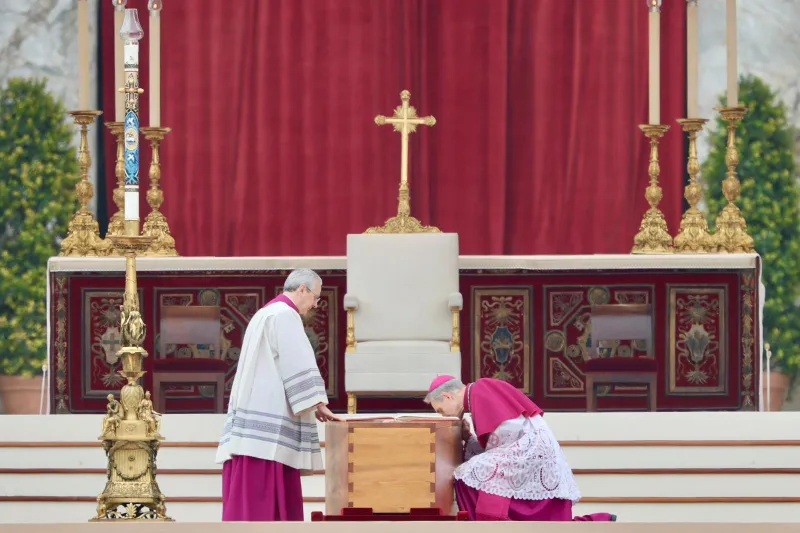
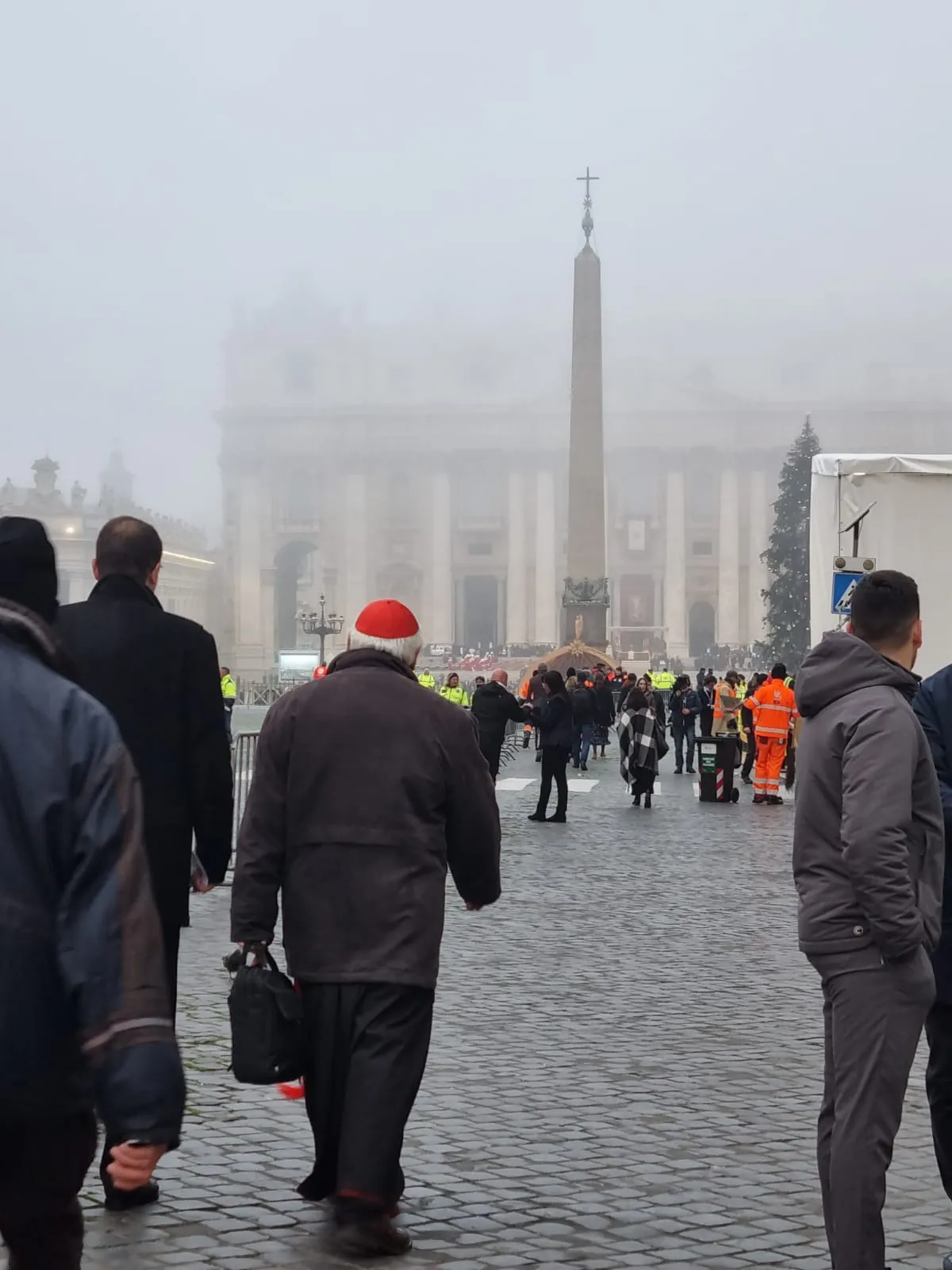
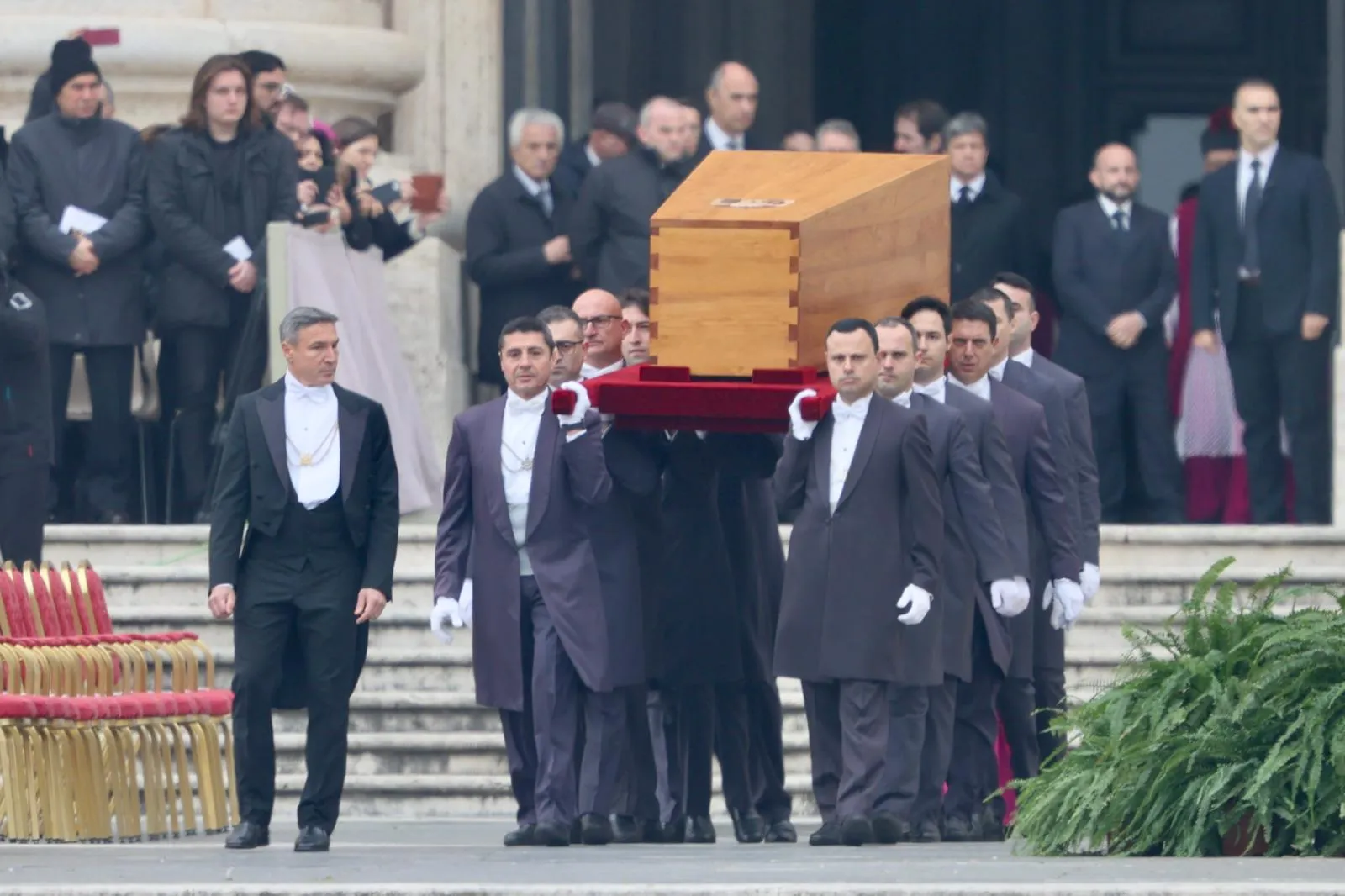
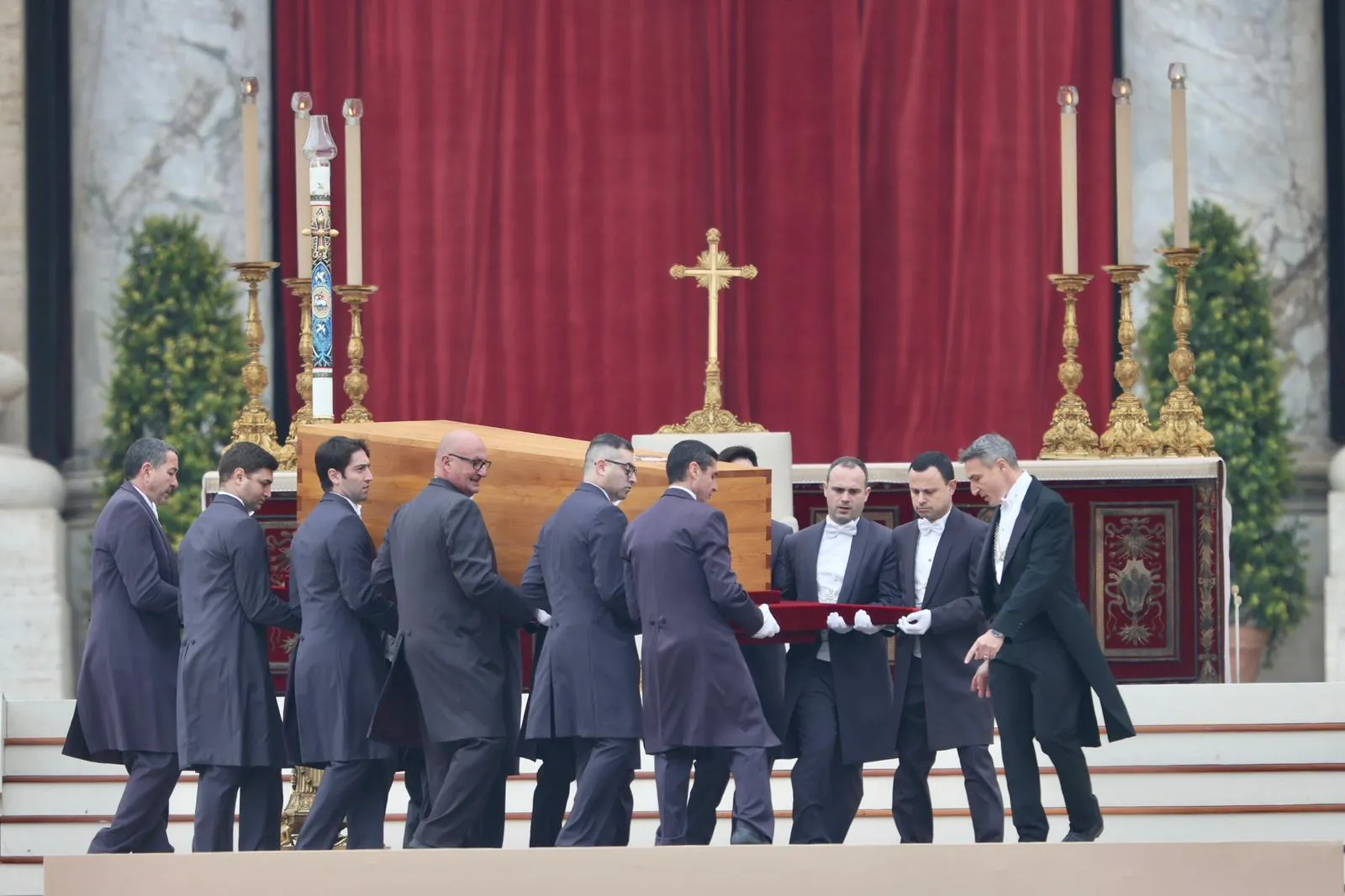
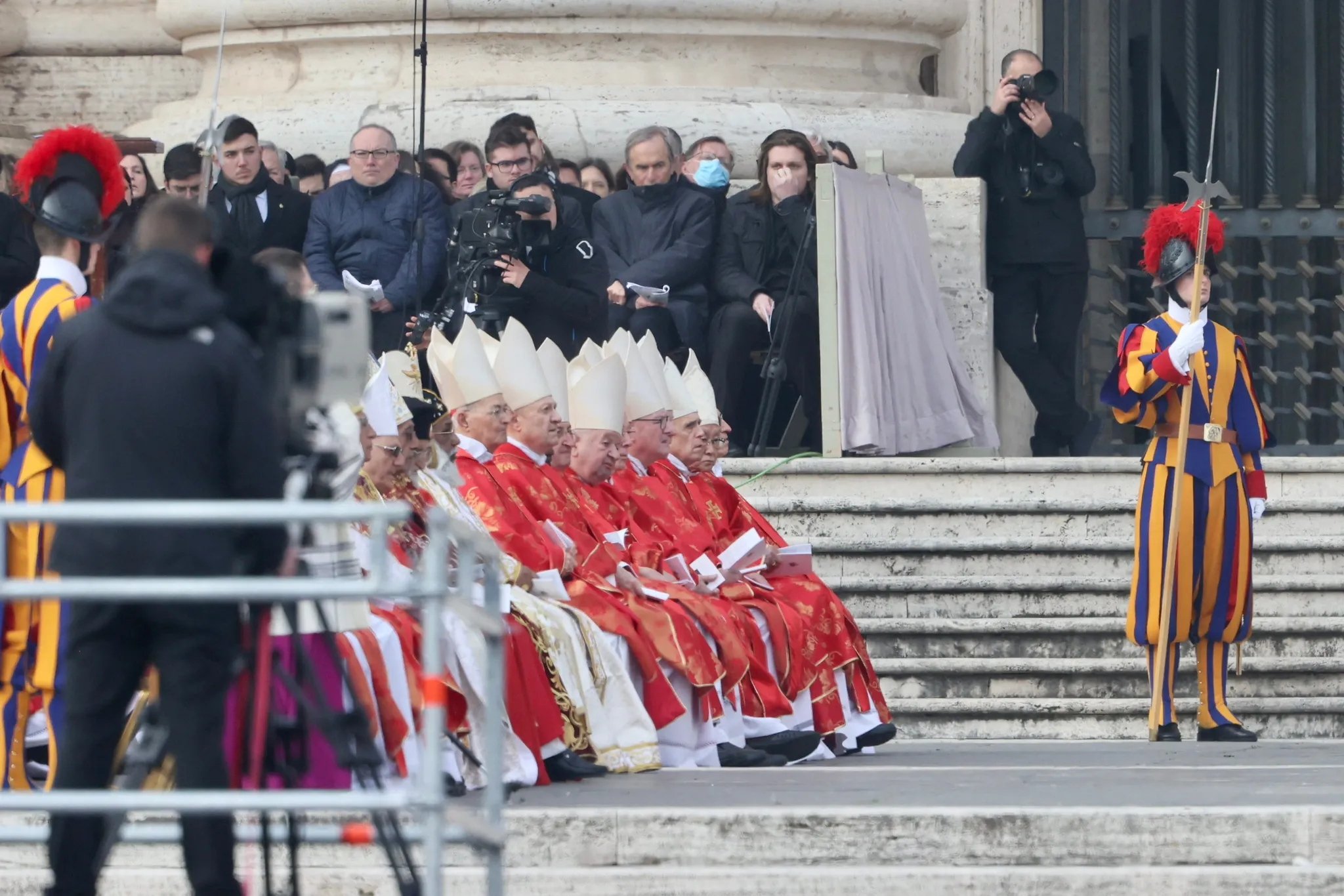
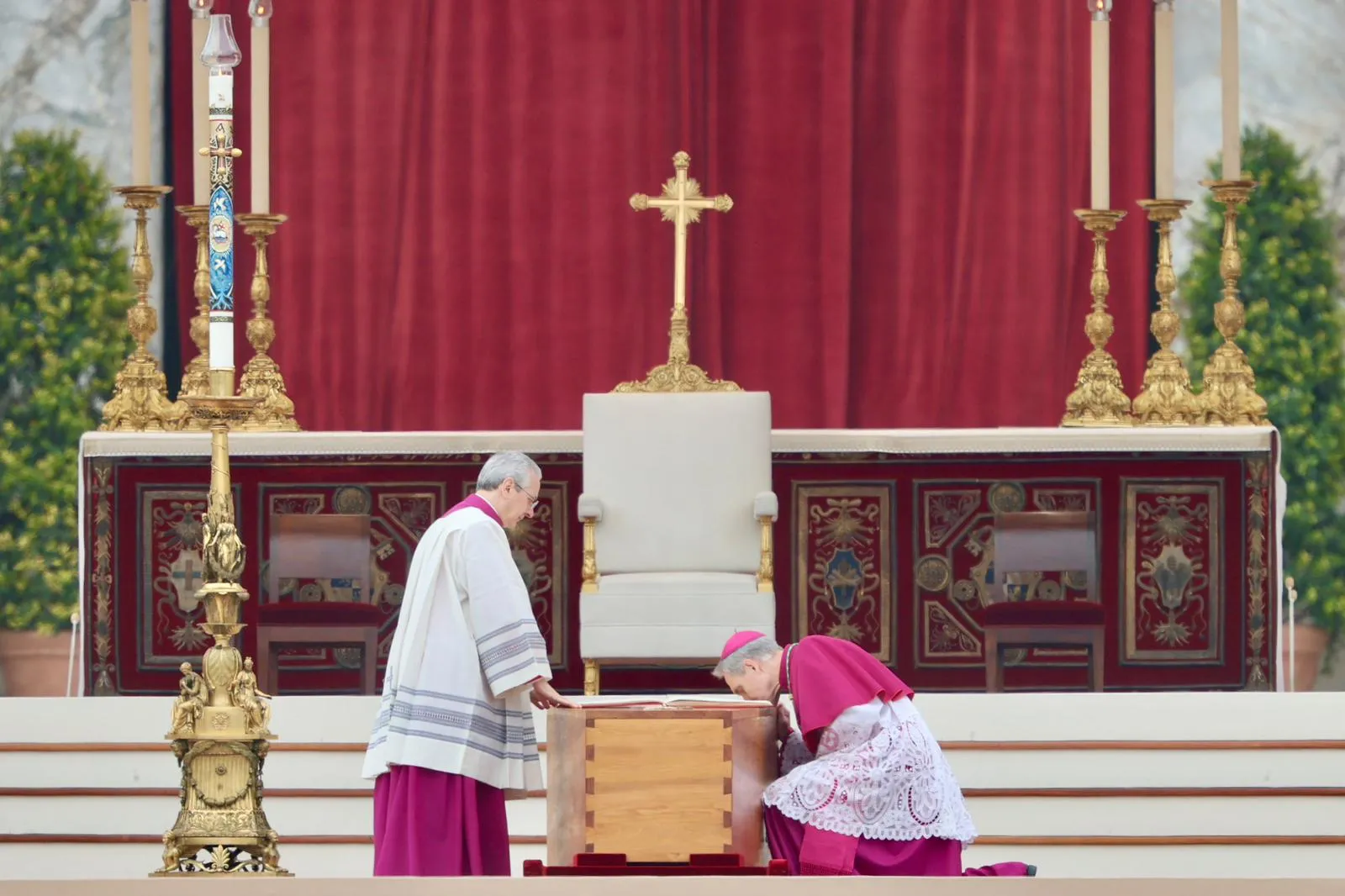
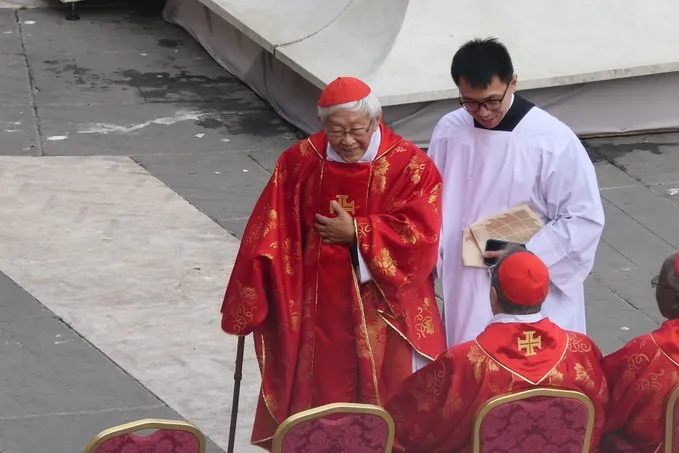
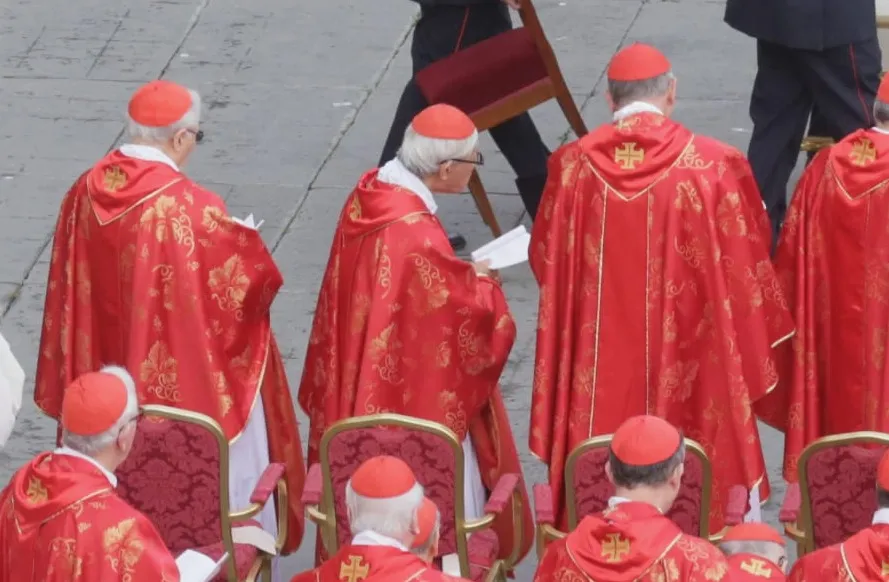
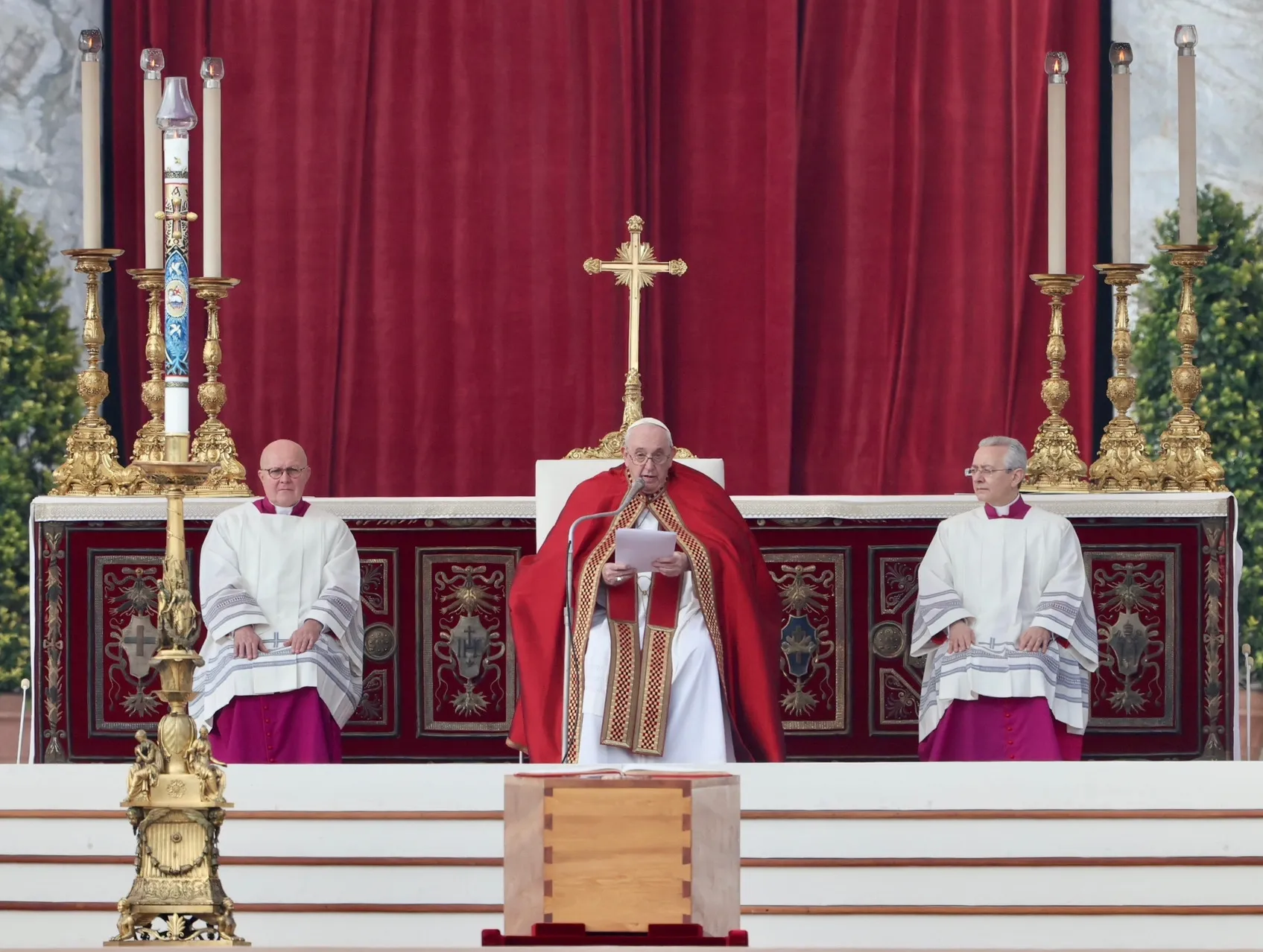
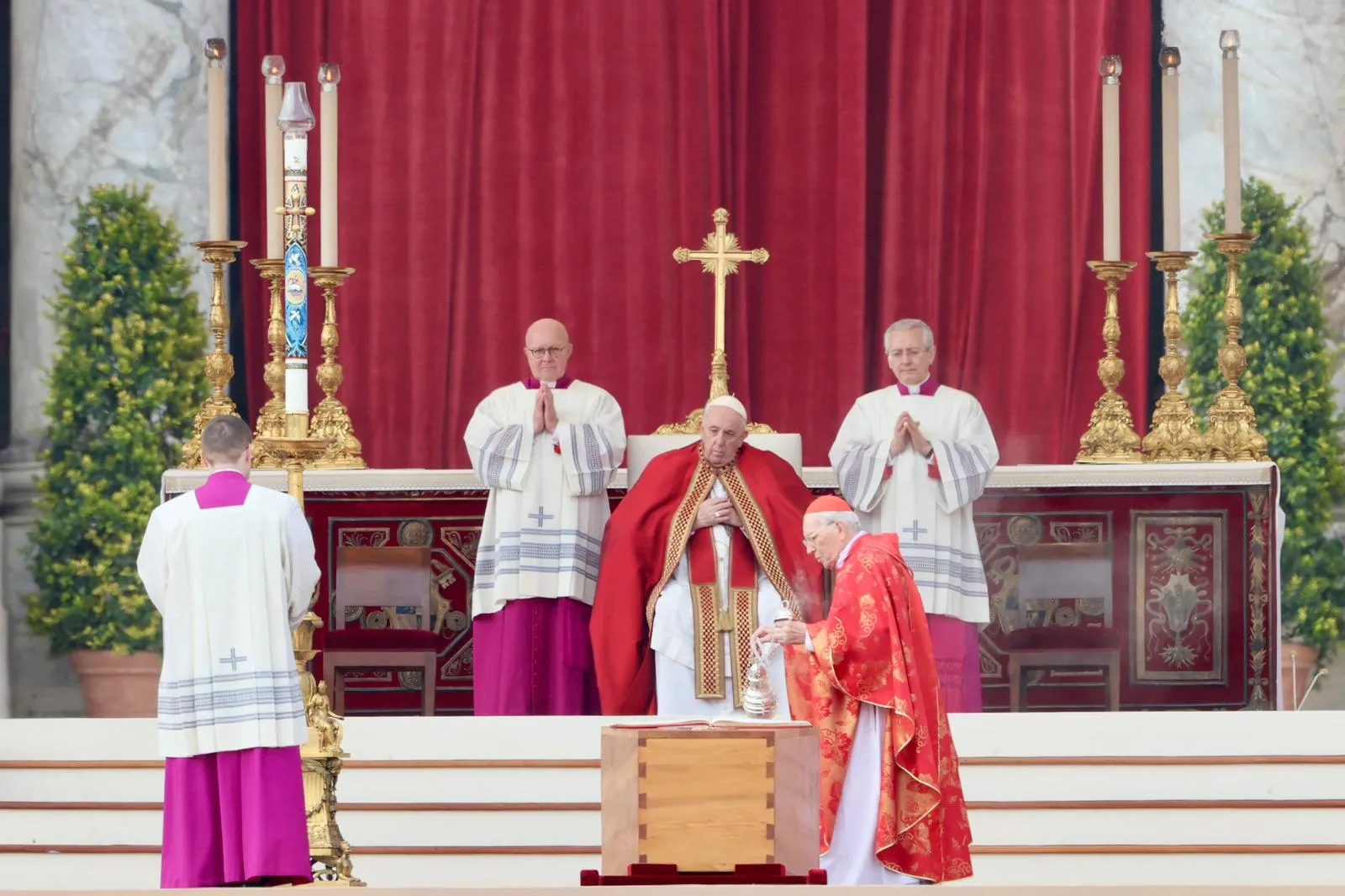

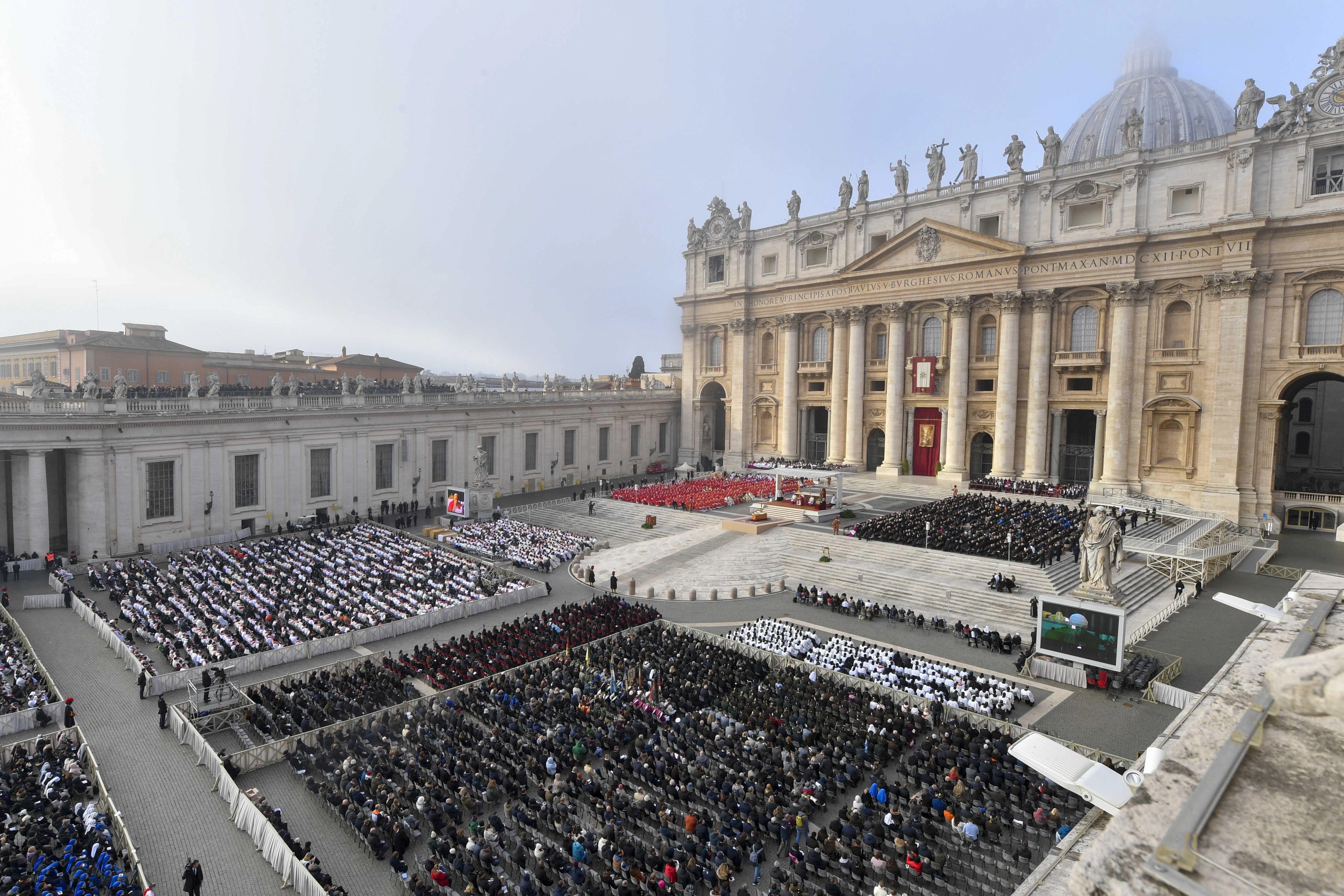
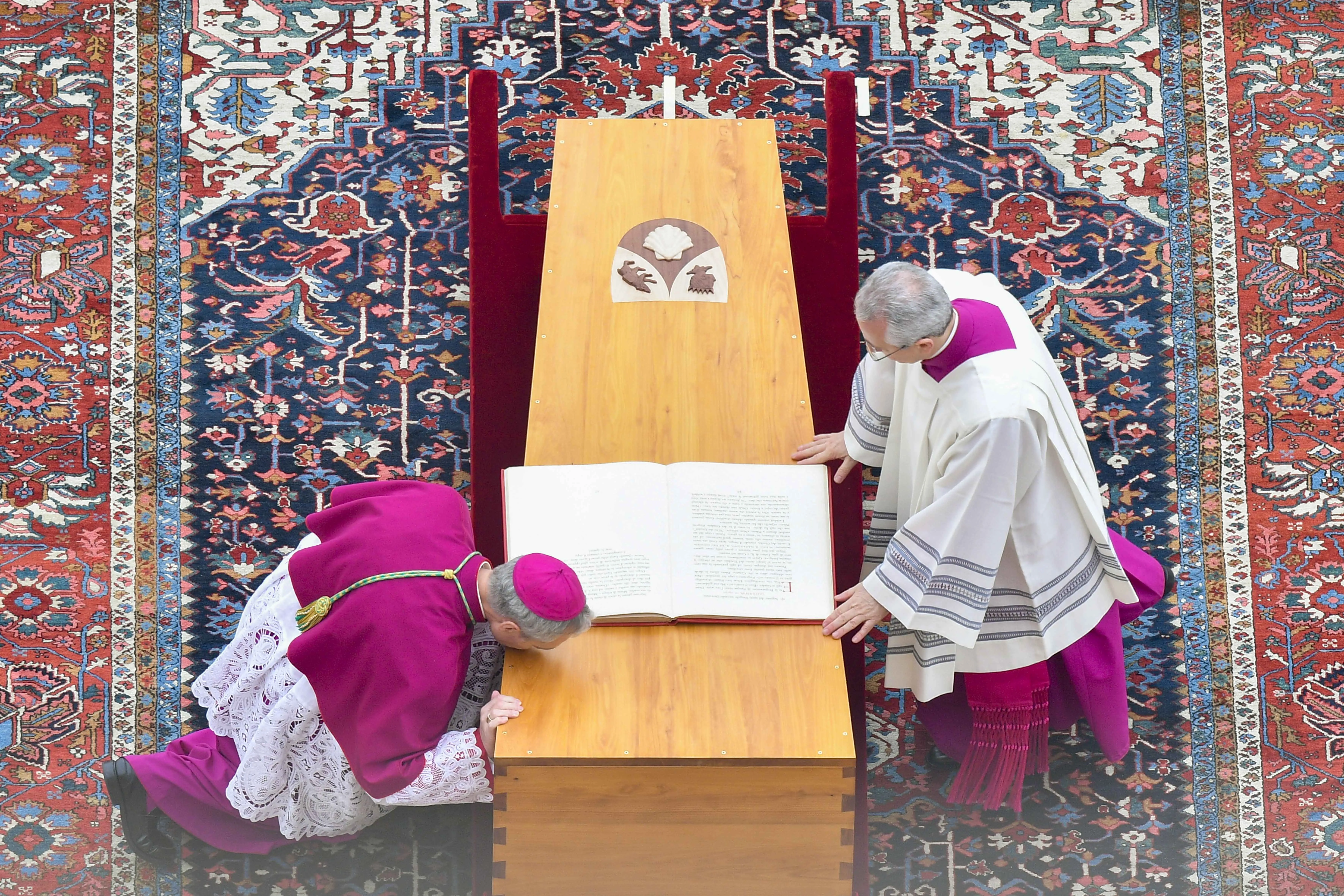
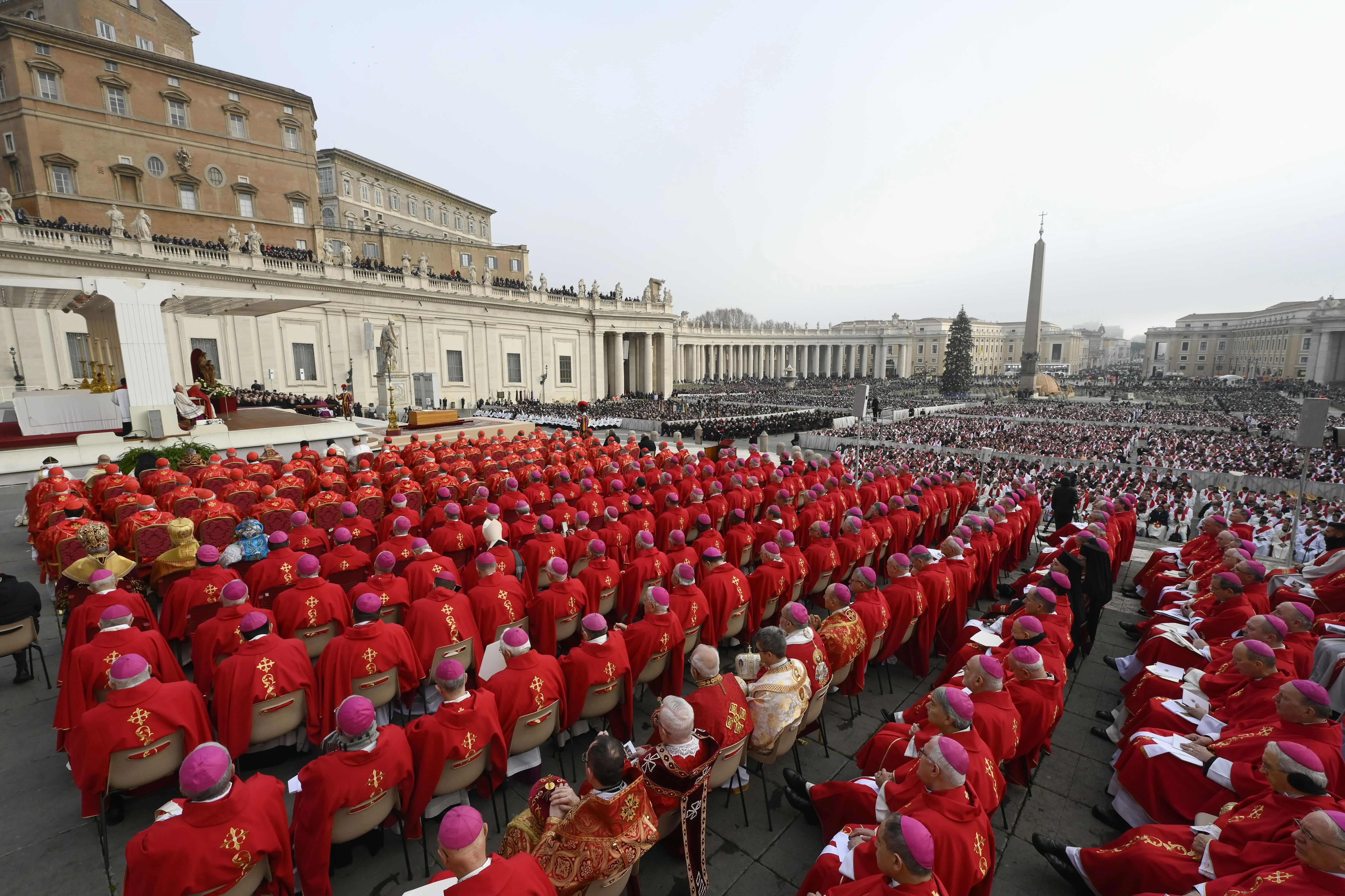
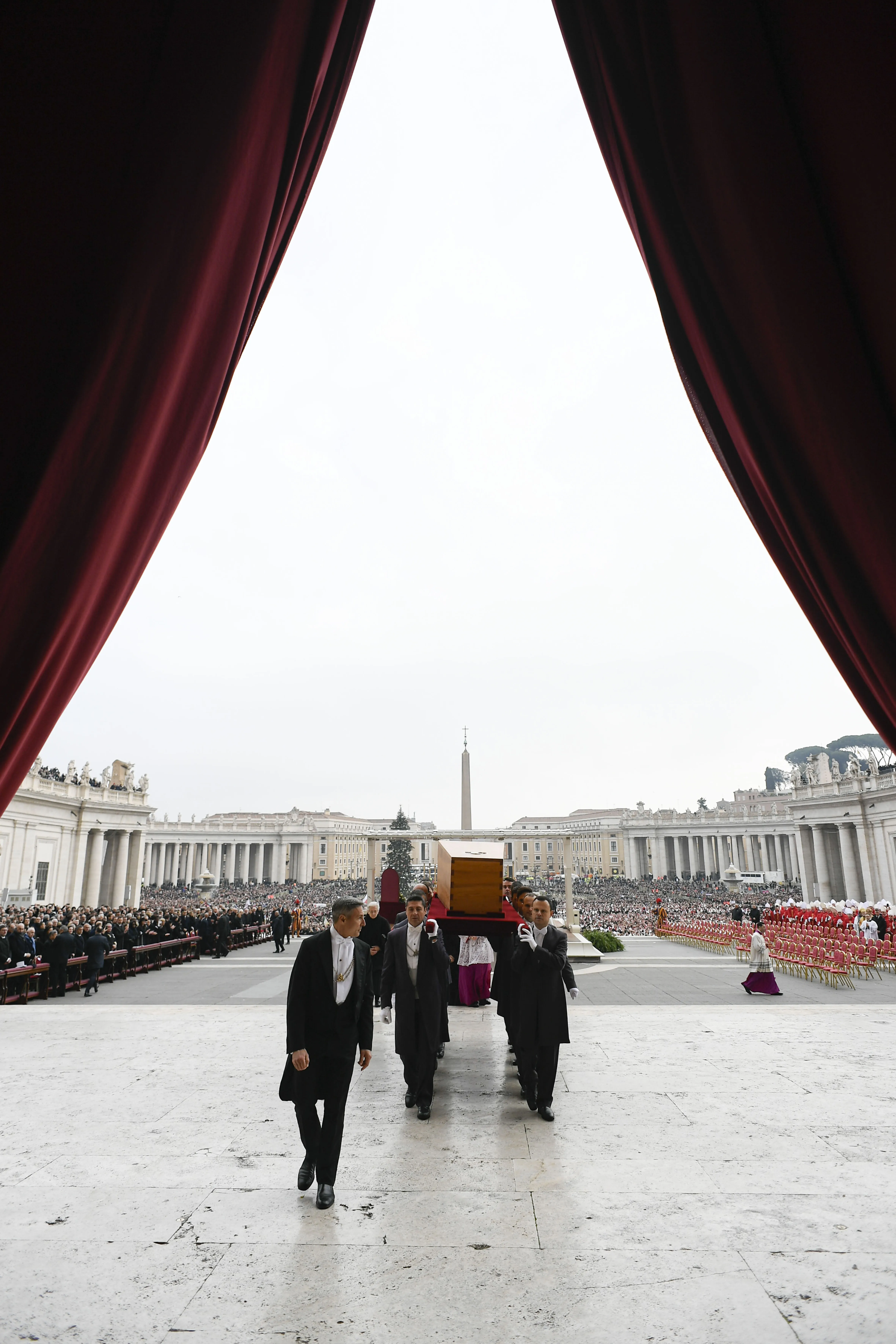
Leave a Reply